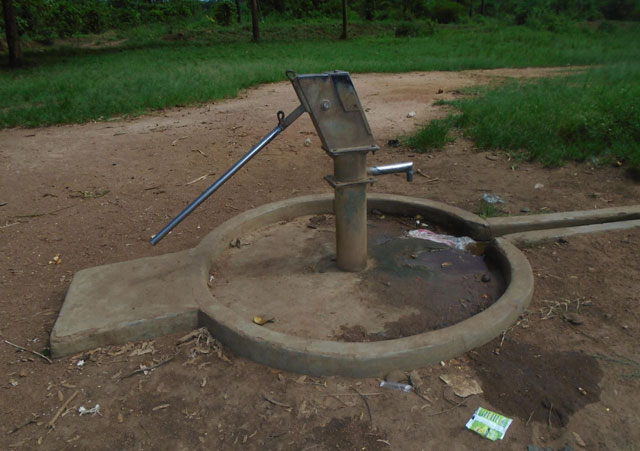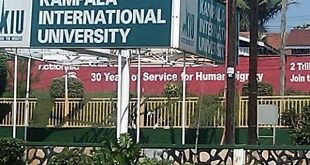
Pader, Uganda | THE INDEPENDENT | Residents of Pader town council in Pader district want all the dismantled boreholes restored following water shortage in the area.
In 2016, the National Water and Sewage Cooperation (NSWC) Pader branch and district officials from the water department dismantled over 15 boreholes in the town council after piped water was installed.
Christine Lamunu, a resident of Lagwai East village says they are fed up with the poor service of piped water provided by the National Water and Sewage Cooperation. She said over 60% of people who have been relying on unprotected water from the nearby streams are now demanding the restoration of the boreholes that were dismantled.
Lamunu adds that she currently walks for at least two kilometres to fetch clean water. She says in most cases, there are too many people at the water source which they also share with animals.
Emmanuel Oroma, a resident of Ogwaleng village says that the NWSC has failed to improve water services in the area. He explains that the area often faces a water shortage.
The area branch manager National Water and Sewage Cooperation Pader, Patrick Okumu acknowledged the problems but blamed all poor service to unstable electricity power supply in the district. He said his office is working round the clock to ensure that they improve their service by putting a standby generator to address the problem of unstable power supply.
The urban council chairperson of Pader town, Fearless Kilama Wodacholi confirmed that there are problems with water supply in his town which needs joint work by all stakeholders.
According to Kilama, the water shortage has denied residents access to clean water especially during this time where there is a need for regular hand washing as one of the preventive measures for covid-19.
He added they are planning to engage the different stakeholders to ensure that water problems in Pader town are addressed.
Pader town council has a population of 16,000 people and the majority of them now rely on water from the nearby streams, and when water goes off, few of them go to scramble in lines waiting for water from some few boreholes as the majority of them move straight to nearby streams.
*****
URN
 The Independent Uganda: You get the Truth we Pay the Price
The Independent Uganda: You get the Truth we Pay the Price


